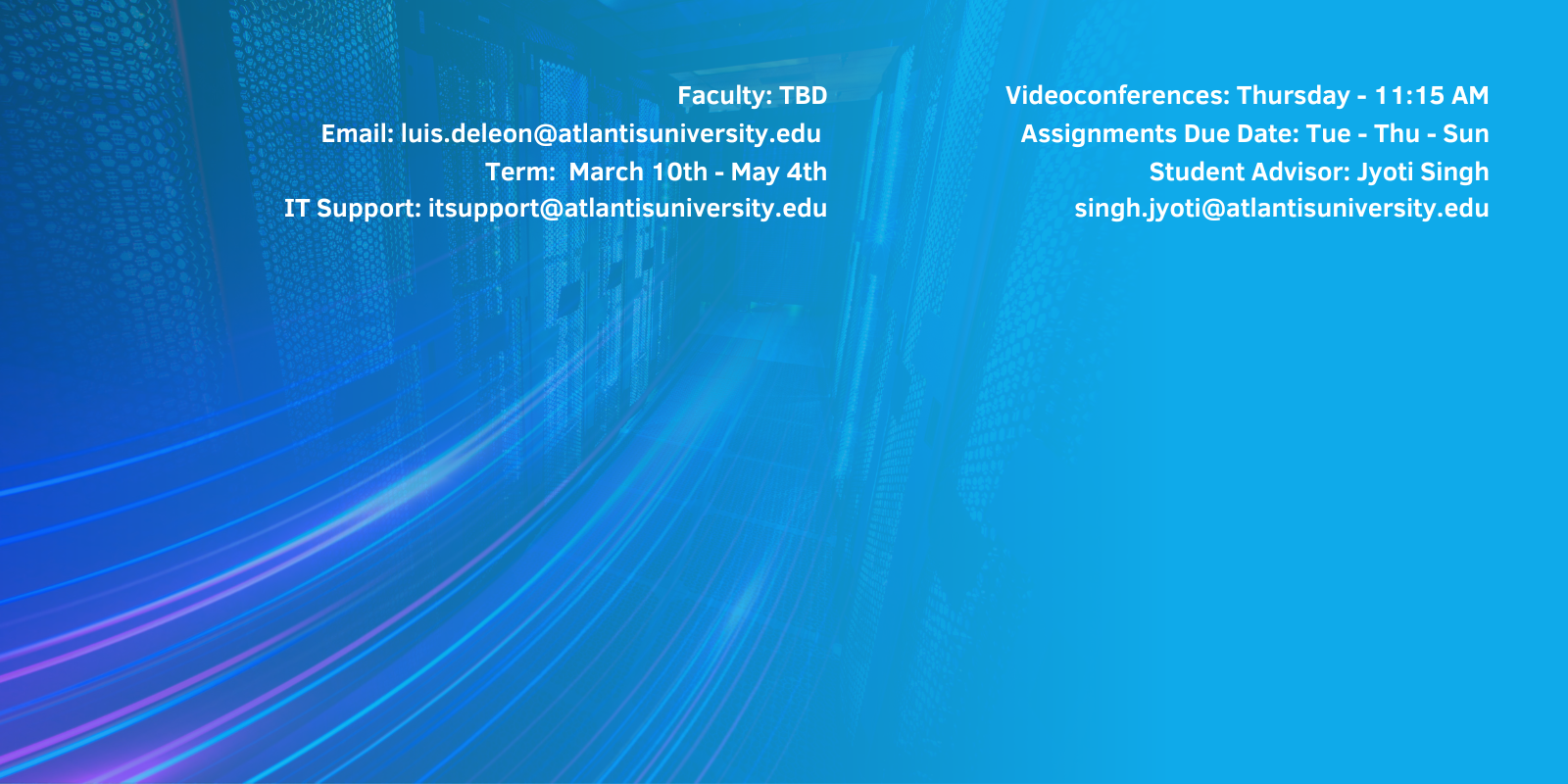
- Teacher: Renzo Carpio
- Teacher: Luis De Leon
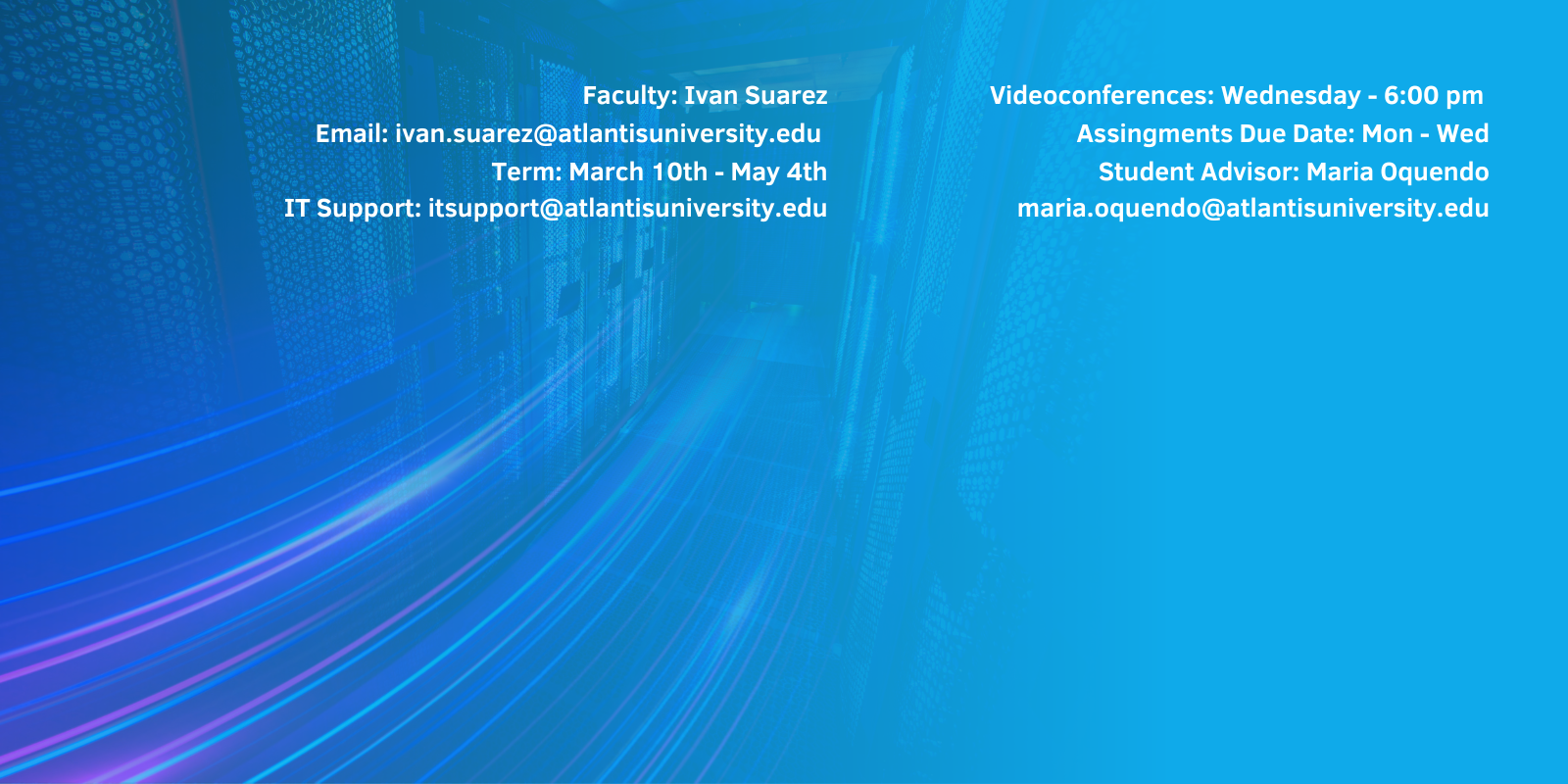
- Teacher: Ivan Suarez
- Teacher: German Eduardo Urdaneta Torres
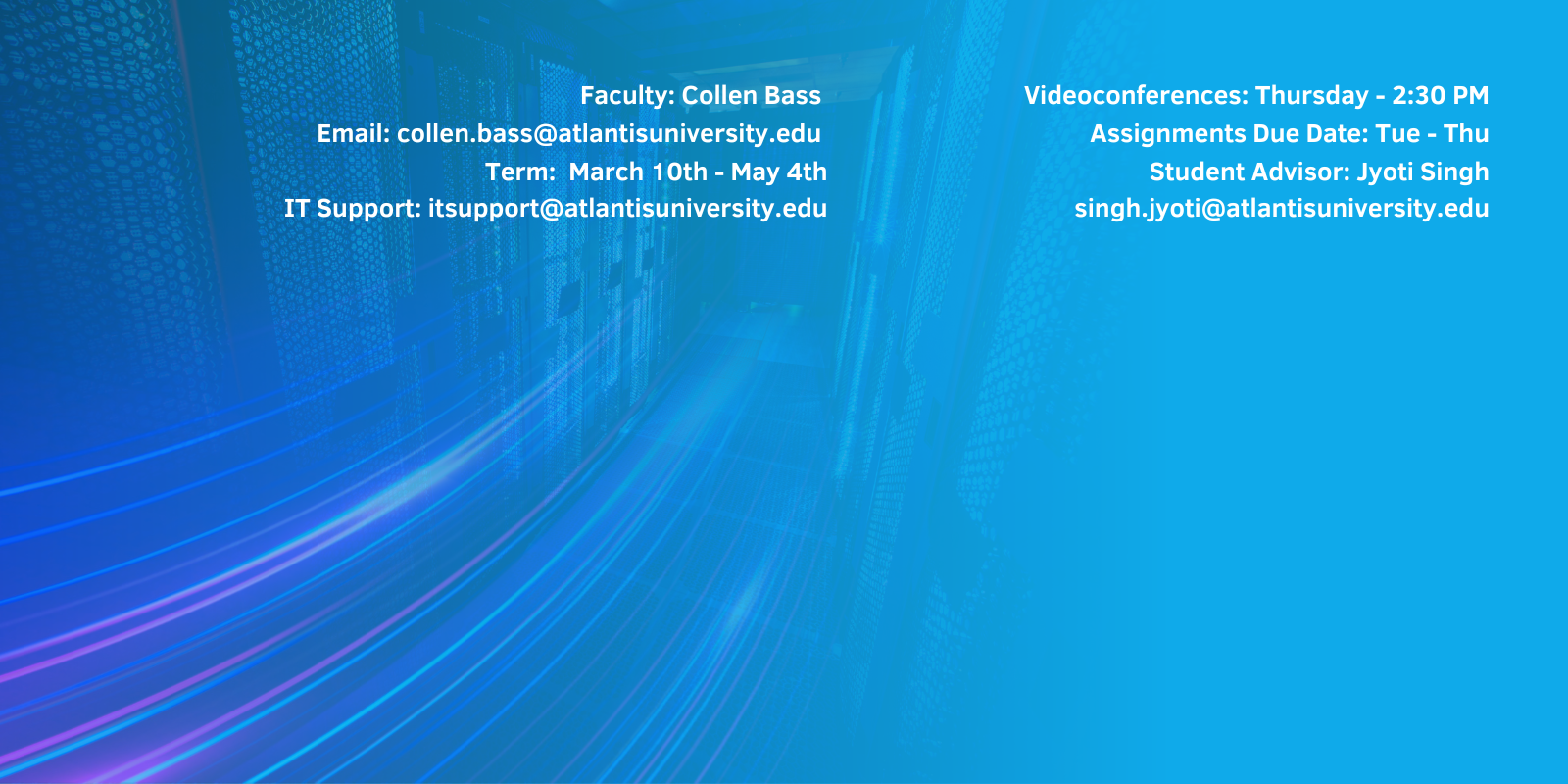
- Teacher: Cullen Bass
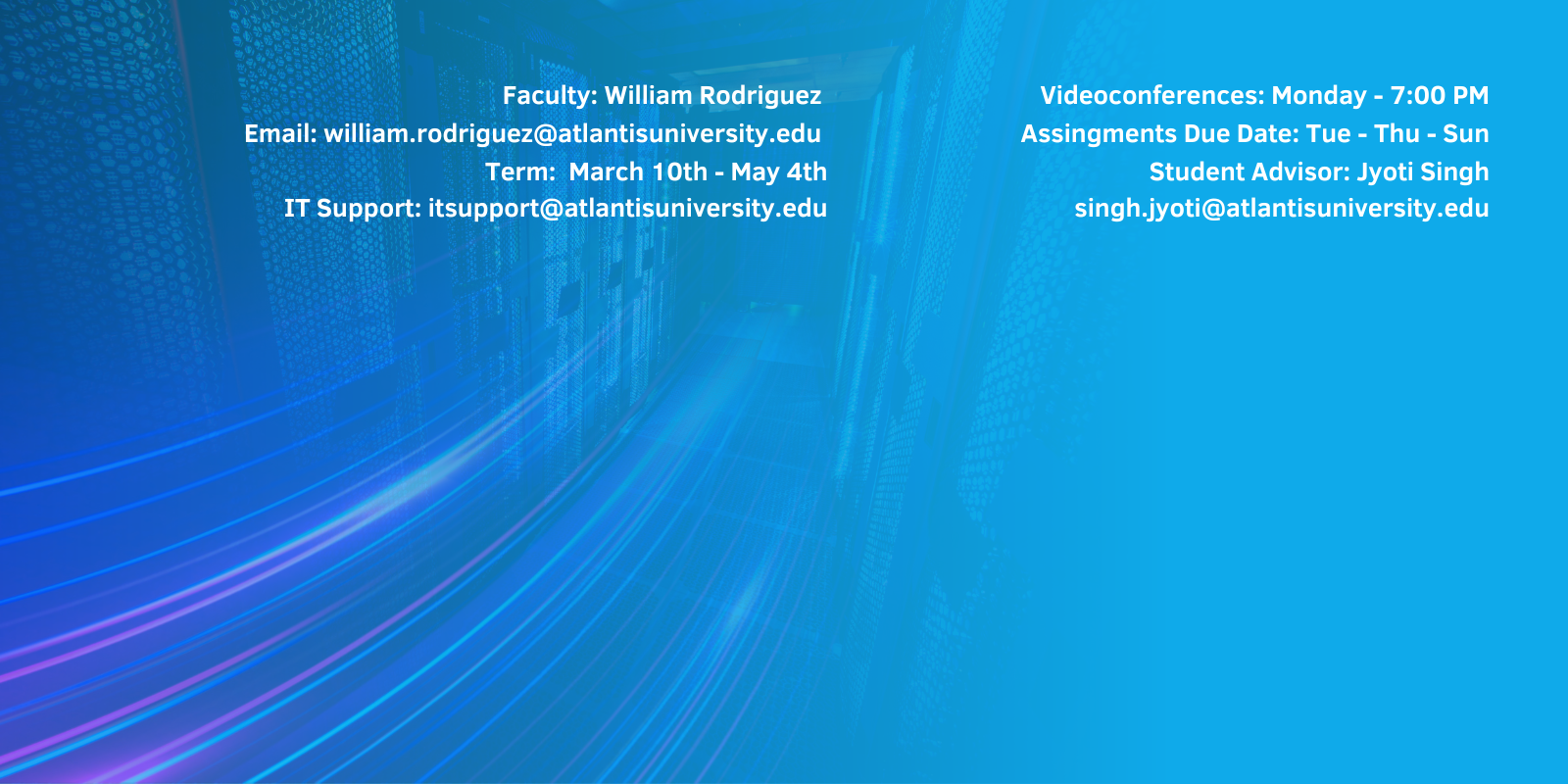
- Teacher: William Rodriguez
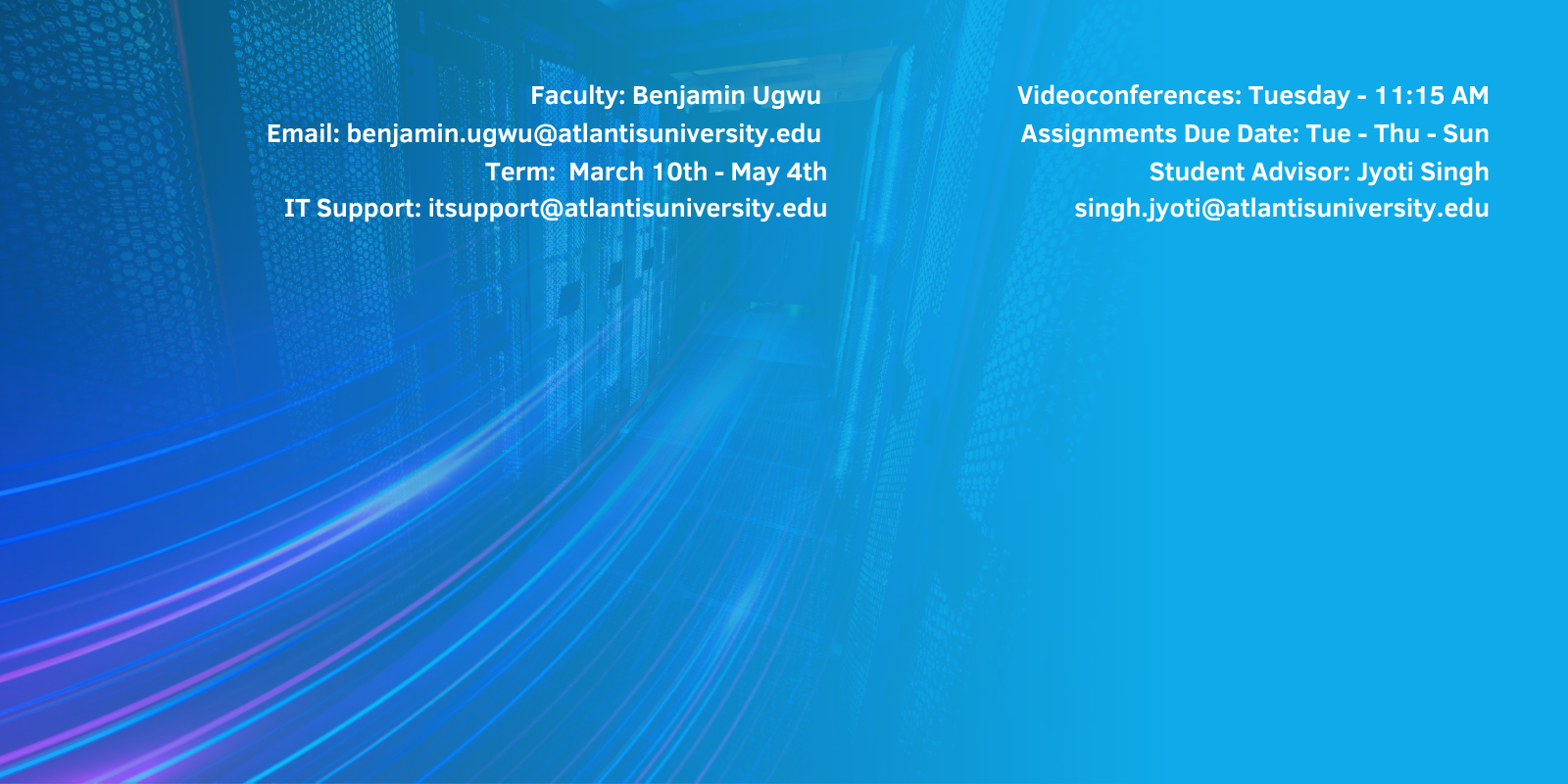
This class is intended for students who want to gain information on Enabling Office 365 Services (70-347).
Students for this exam are IT professionals who take part in evaluating, planning, deploying, and operating the Office 365 services, including its dependencies, requirements, and supporting technologies. Candidates should have experience with the Office 365 Admin Center and an understanding of Microsoft Exchange Online, Skype for Business Online, SharePoint Online, Office 365 ProPlus, and Microsoft Azure Active Directory. This includes experience with service descriptions, configuration options, and integrating services with existing identity management and on-premises infrastructure to support the business requirements of an organization.
This certificate course is offered online. As a result, you will also be responsible for a significant amount of “selfdirected learning”. There is much material to cover in four weeks and you, as the student, must keep up with the required assignments and work with your peers and/or the instructor if you need assistance.
- Teacher: Benjamin Ugwu
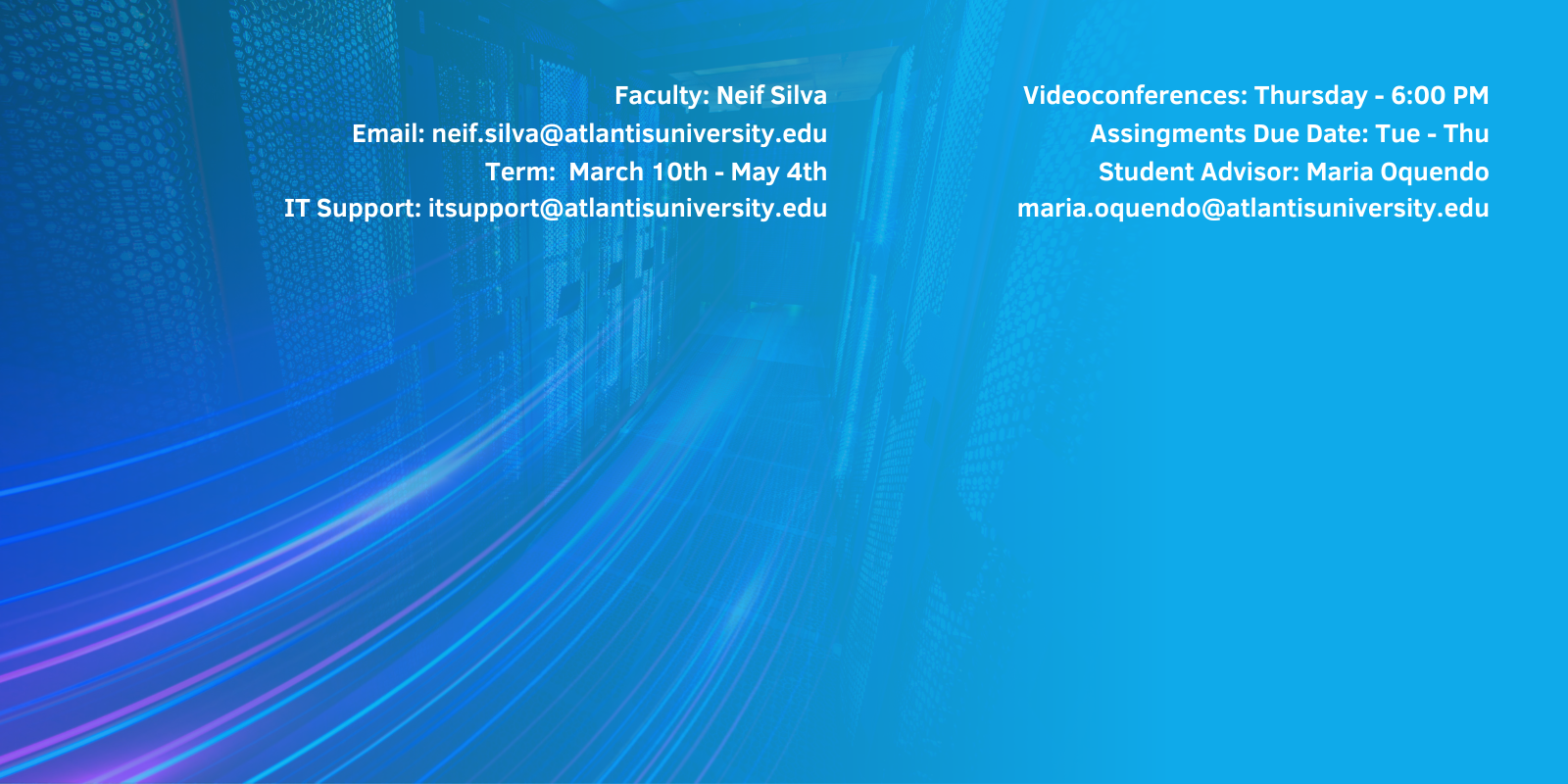
- Teacher: Neif Silva

This course explores the transformative role of Virtual Reality (VR) and Augmented Reality (AR) technologies in shaping the hotel customer experience.
Participants will delve into the theoretical foundations and practical applications of VR and AR within the hospitality industry.
Through a combination of lectures, case studies, and hands-on exercises, students will learn how to leverage VR and AR technologies to create immersive and engaging experiences for hotel guests.
Topics covered include the integration of VR and AR in hotel marketing, virtual tours, interactive concierge services, and personalized guest interactions.
- Teacher: Kaushal Kishore Rai (Faculty)
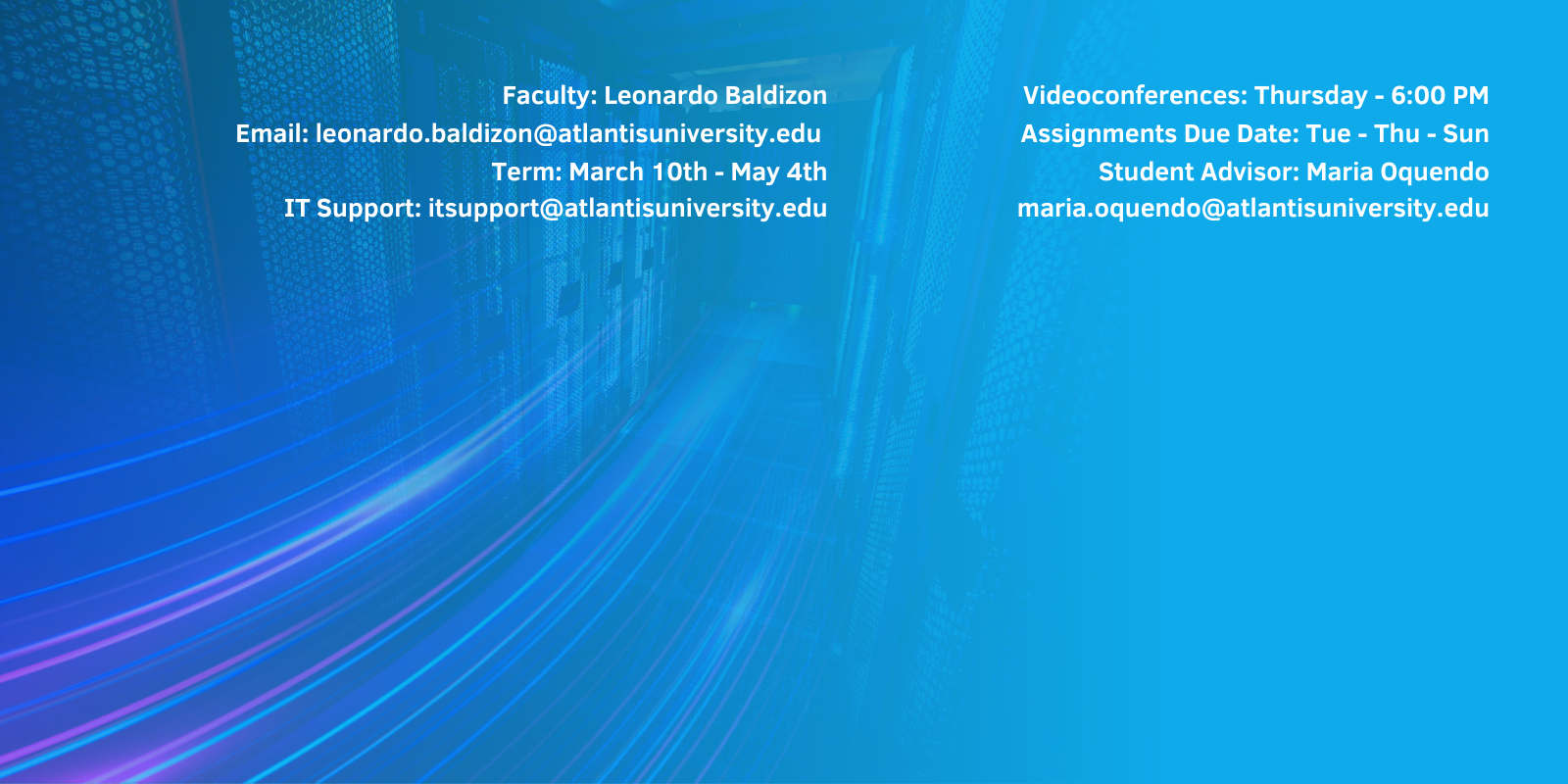
The course studies the principles of computer systems and network security. Students discuss various attack techniques and how to defend against them. Topics of study include network attacks, defenses, operating system holes, email, web security, malware, social engineering attacks, privacy, and digital rights management.
- Teacher: Leonardo Baldizon
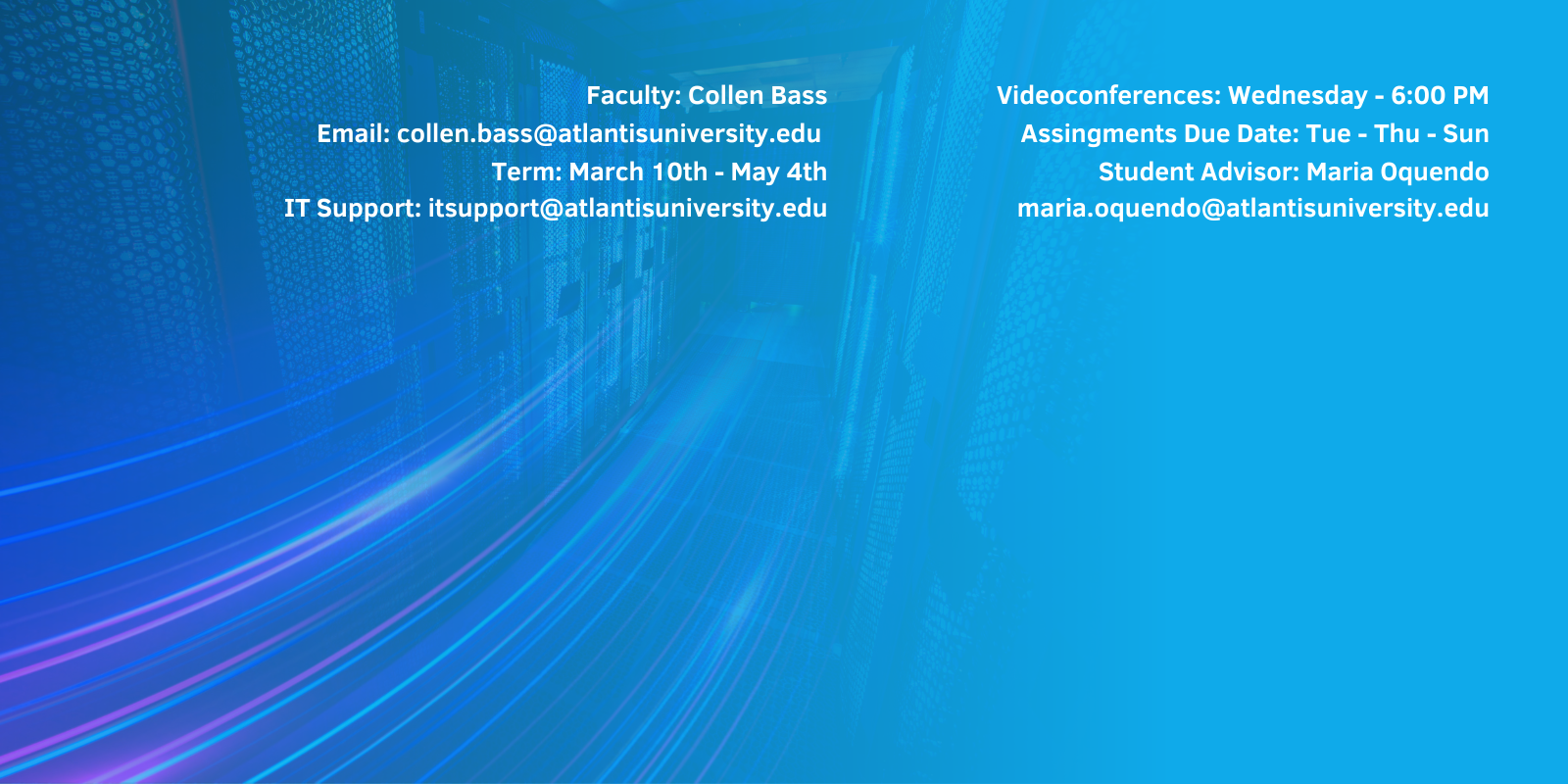
This course is designed to provide the applied and practical knowledge required to design, configure, install, and troubleshoot hardware, peripherals and protocols used in local area networking. The course content is patterned after the material required to pass the vendor neutral Network + N10-007 examination. This certificate course focuses on the rudiments of networking and the knowledge and application of OSI model. The essentials and application of TCP/IP and the use of routers with TCP/IP will be highlighted. Remote connectivity, network installation, network Administration, maintenance, support, trouble shooting, and network security will be some of the models covered.
The topics in this course have been designated to prepare students to take the Network + certification exam but will also cover other topics in more detail as time permits.
- Teacher: Cullen Bass